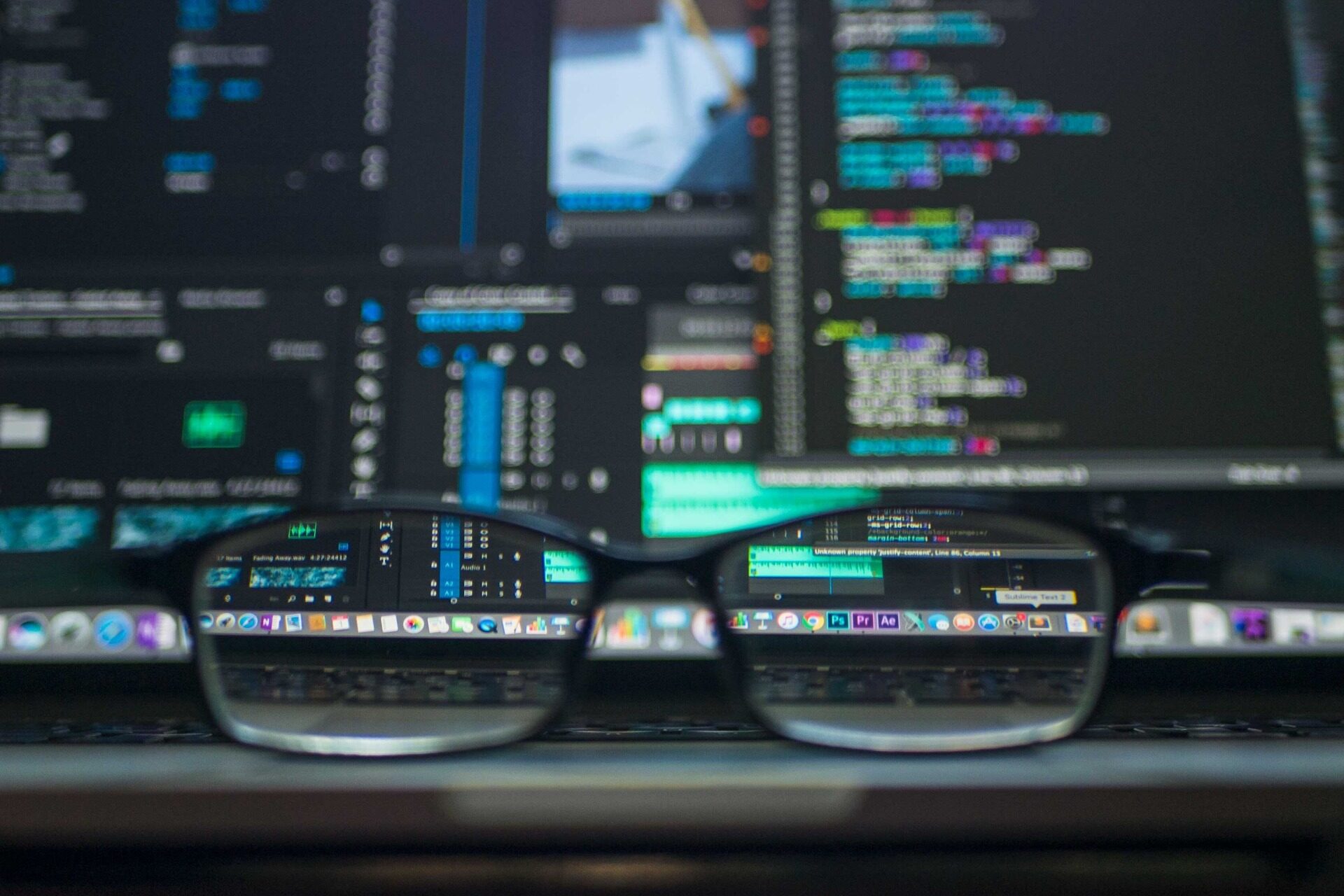
Is Machine Learning in Healthcare Dangerous?
April 14, 2022 - Revolutionized Team
Revolutionized is reader-supported. When you buy through links on our site, we may earn an affiliate commision. Learn more here.
Applications for machine learning in healthcare are on the rise as doctors search for new ways to treat patients and save lives. Is it dangerous for doctors to use an algorithm to make serious medical decisions, though? More and more people are questioning the use of machine learning in healthcare. Doctors and AI developers alike believe that the technology could save lives. In order for AI and machine learning to accomplish this, patient concerns need to be addressed.
How Is Machine Learning Used in Healthcare?
Doctors are applying machine learning in healthcare in a variety of ways. Some applications are simply quality of life improvements that help doctors and healthcare professionals operate their offices more effectively. For example, one of the most popular everyday uses of AI and machine learning is smart record keeping. AI is great at categorizing things so it can simplify the process of organizing large amounts of healthcare data.
Using Data to Predict Diagnoses
Doctors are discovering that machine learning is useful for predicting medical conditions and identifying potential cures. By training AI to understand and process medical data, machine learning algorithms can identify patterns and key factors in patient data. Machine learning algorithms can do this with anything from numerical data to images, such as photos or x-rays.
AI indicators might not be recognizable to doctors, at least not without surveying extensive quantities of data themselves. With machine learning, an AI can process all of this data rapidly, though. So, not only is machine learning helping to predict diagnoses and medical conditions, it is also helping doctors make their diagnoses faster. A rapid accurate diagnosis can be the difference between life and death for many patients.
Creating Personalized Care
Doctors who use machine learning have also pointed out that it helps reduce bias and customize treatment plans. Leading medical machine learning expert Marzyeh Ghassemi pointed out in a 2021 TEDx presentation that studies have proven that all patients are unique, even when treating common conditions like depression or hypertension. In order to give patients the best care possible, doctors have to offer personalized treatment plans. Machine learning can generate these unique treatment plans rapidly and accurately.
Machine learning helps identify treatment options while reducing the subconscious biases that might shift a doctor’s decision. An estimated 1 out of every 5 Americans face race and gender bias in healthcare. Most doctors are not aware of any implicit biases they have but these biases impact treatment and diagnosis nonetheless. AI and machine learning may be able to help doctors offer care free of all biases, including unintentional, implicit bias.
Accuracy and Training Data Concerns
Faster diagnoses and personalized, accurate treatment plans sound great. Is it safe to rely on machine learning to accomplish those things, though? Some major concerns about machine learning in healthcare stem from overarching concerns about artificial intelligence. One of the most hotly-debated AI controversies is data bias. This occurs when an AI delivers biased results due to implicitly biased training data.
Data bias is a serious issue, especially in healthcare. Doctors and AI developers create machine learning algorithms to remove human bias from healthcare. Unfortunately, healthcare data itself is already biased. So, when the algorithm is trained, it simply inherits humans’ implicit biases. Awareness about data bias in AI is growing, leaving many skeptical about the usage of machine learning in healthcare.
Additionally, patients are likely to question the legitimacy of AI-generated medical diagnoses. It is natural to wonder how a diagnosis was made, so these concerns are valid. However, for doctors to address them, they need to be able to understand AI themselves. This leads to an issue that extends to every AI application: the black box. Most AI models are unexplainable, meaning it is impossible for developers to see how the algorithm is making decisions in its “black box”.
AI experts are already developing new kinds of models that are more transparent, known as explainable AI. These models are designed to allow complete visibility of the algorithm’s decision making process, which can reveal biases and other data issues before the algorithm goes into use. So, when doctors do use machine learning in healthcare situations, they can easily show their patients the evidence and data that the AI used to come to its diagnosis or prediction.
The Potential to Save Lives
Leading medical AI experts have stressed the potential for AI and machine learning to save real lives in medicine. Even if an algorithm only saves doctors 12 hours, it can mean the difference between survival and mortality. Not only can machine learning potentially generate medical diagnoses faster than doctors, it is more likely to deliver an accurate, unbiased diagnosis, as well.
Machine learning can also lead to exponential advances in medicine. As doctors conduct research and develop improved healthcare strategies, new information and data can be gathered. A machine learning algorithm can analyze this data parallel to research efforts to uncover deep insights and speed up the R&D process for new medical treatments.
In fact, AI and machine learning helped healthcare professionals respond to the COVID-19 pandemic using this strategy. The more information doctors gather and discover, the more the machine learning algorithm will have to work with. The algorithm might pick up a key pattern in research data well before researchers do, rapidly advancing research progress. This “snowball effect” of increasing advances may lead to faster development of life-saving medicines with more reliable results.
With all of these benefits, is it still possible that machine learning in healthcare is dangerous? The benefits of machine learning in healthcare could save lives. Machine learning has some crucial hurdles to climb, though. If developers cannot overcome data bias or find ways to increase transparency, machine learning could lead to worse healthcare for many patients.
Machine Learning in Healthcare: Risk or Remedy?
Machine learning in healthcare presents potential issues as well as potential benefits. The AI field at large is struggling to overcome data bias, which could have serious implications for patients who are women or people of color. Doctors and AI developers are working hard to resolve data bias and improve visibility in medical AI. Innovations in machine learning could soon lead to algorithms that can save thousands or even millions of lives.
Revolutionized is reader-supported. When you buy through links on our site, we may earn an affiliate commision. Learn more here.




